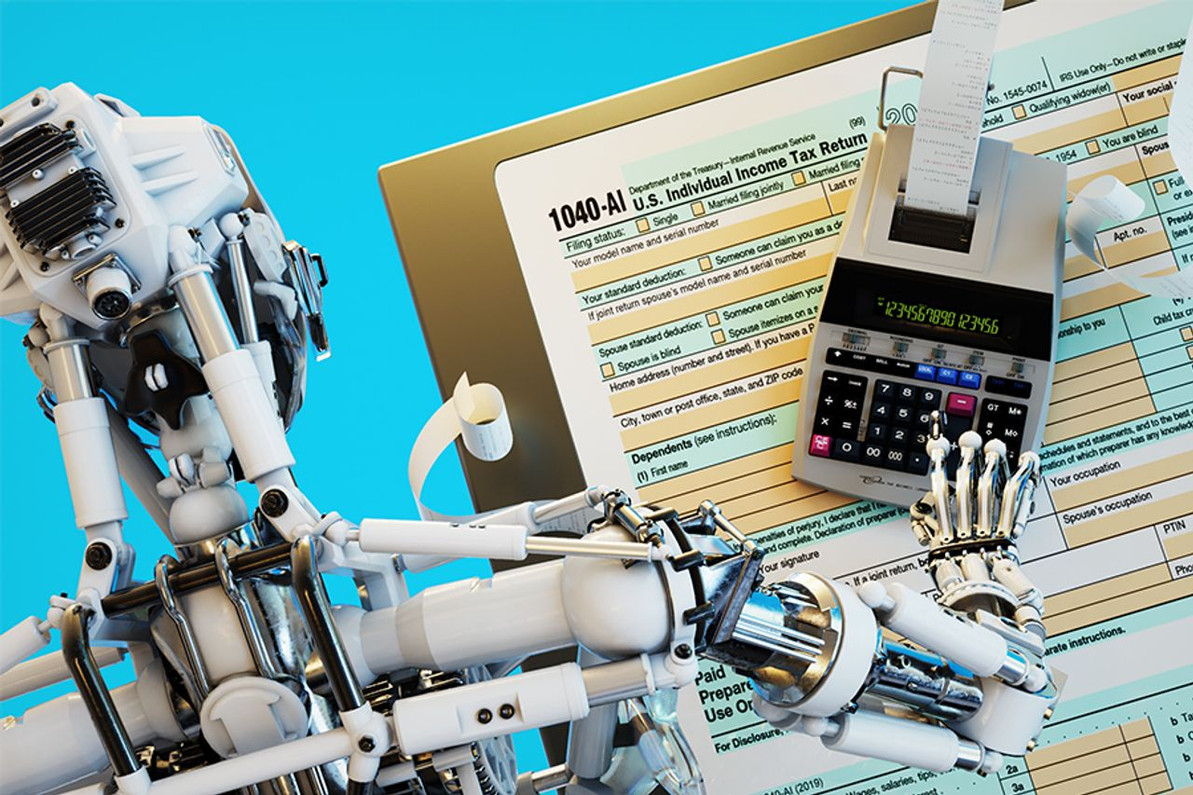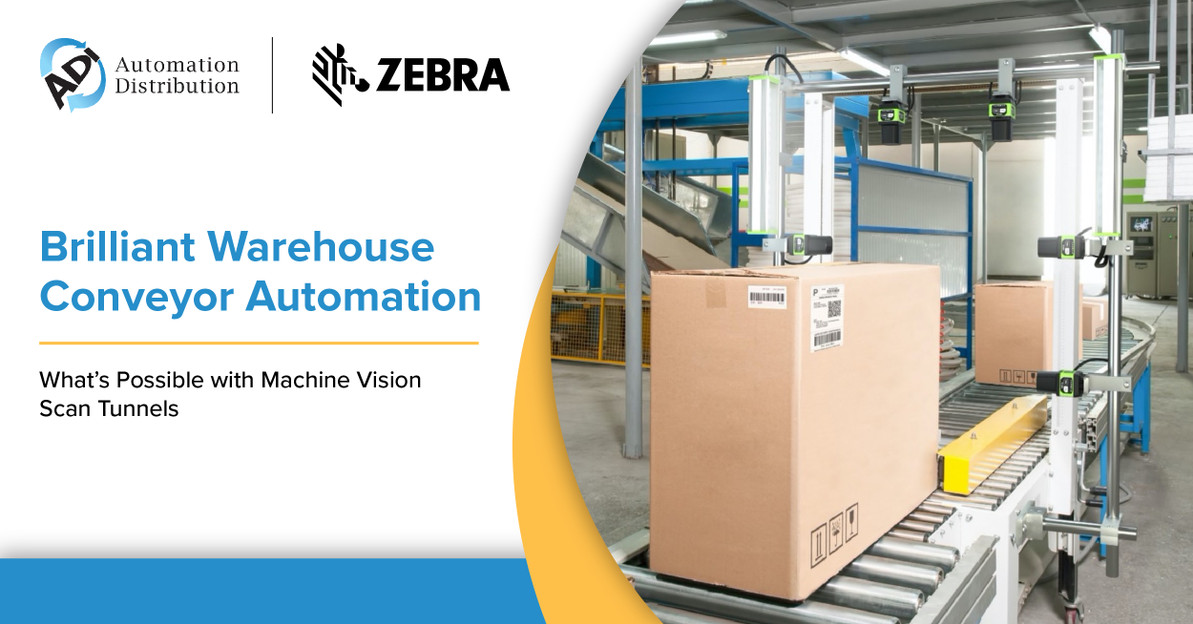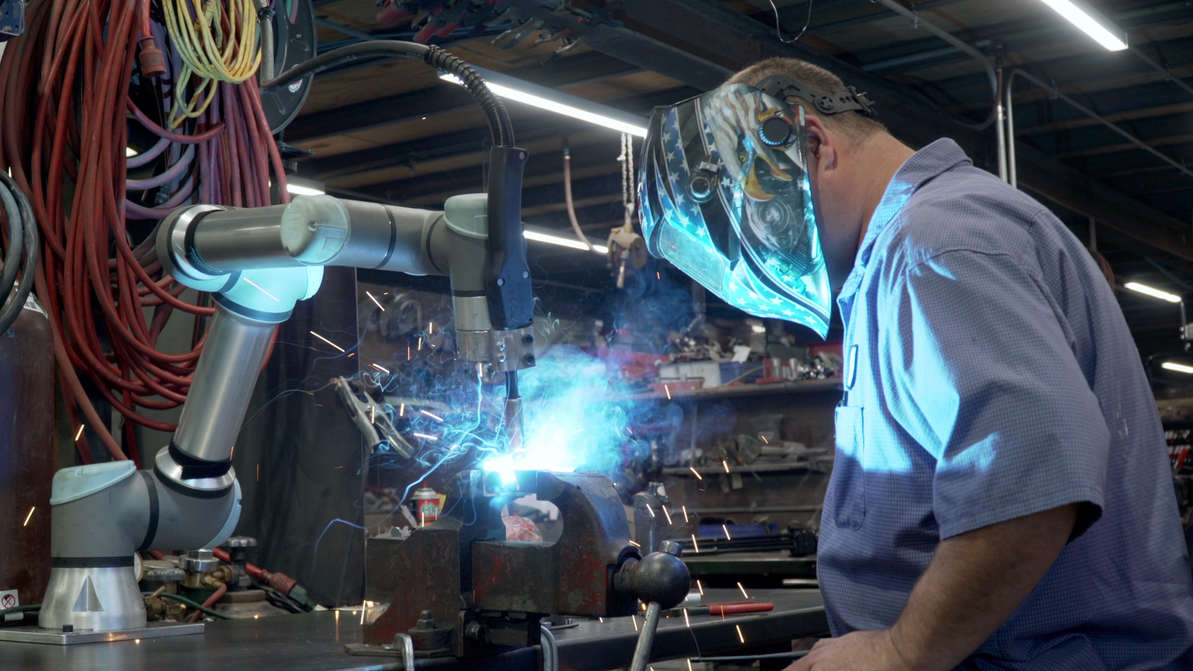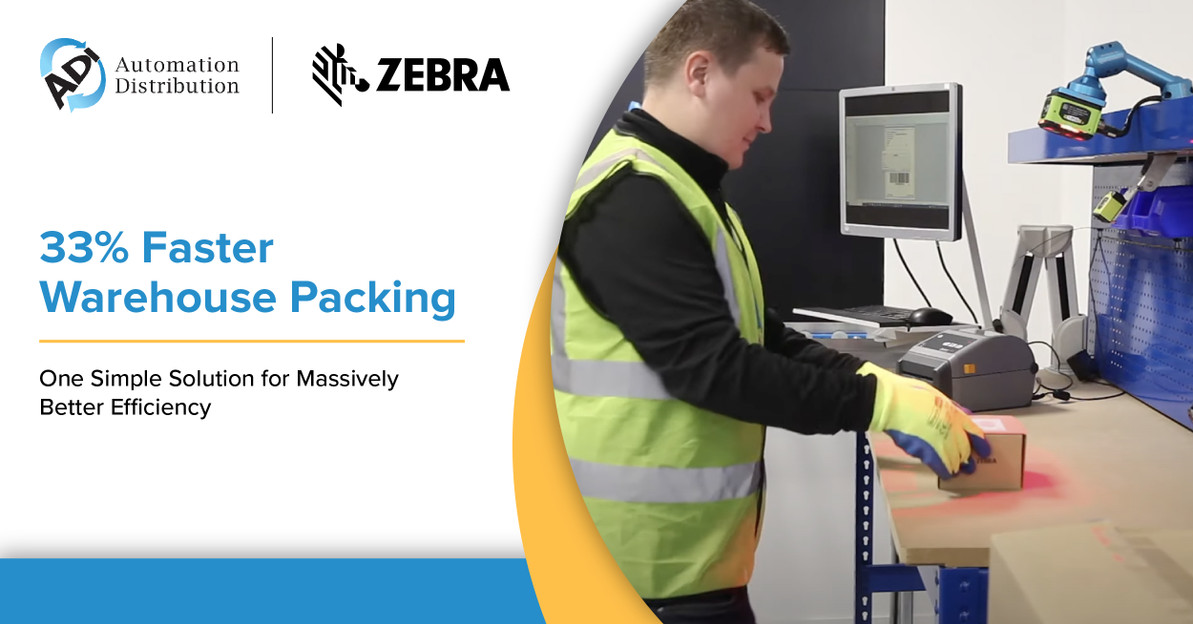Should Robots Be Taxed?
There are now robots that might help and improve human endeavor. While their development is still ongoing, robots are now being utilized more and more in factory production and are carrying out jobs that people once performed in the home and office. These robots are driven to varied degrees by artificial intelligence (AI).
There is a scientific theory that claims that because people have been evolving from creatures for millions of years, they can create robots that can duplicate human thought. This community predicts that eventually, such machines will be able to think for themselves and, through AI, take over jobs that were previously performed by people.
The dilemma is whether AI should start to provide financial support to society, even if it seems certain that it will replace many human activity channels. The first problems that come to mind are related to the features of robots: can they be thought of as a homogenous commodity or are they heterogeneously spread in idea and construction, i.e., do they replace jobs or, given the growth in productivity, do they complement them? Moreover, how should robots be seen in terms of capital? Do these modifications have an impact on the existing demand for various production elements and, therefore, their returns? Might tax laws be utilized to lessen the negative effects of such changes? Although acknowledging the long-term advantages that AI will have for human civilization, these issues need to be addressed.
The idea of taxing robots is brought up in this context, as well as the likelihood that they would displace important traditional revenue sources like white-collar and blue-collar jobs. Robot taxability may therefore be studied and created. Can (or ought to) robots be considered taxable individuals or entities? Should they be subject to income, consumption, or both taxes?
"If workers are going to be replaced by robots, as will be the case in many industries, we're going to need to adapt tax and regulatory policies," U.S. Senator Bernie Sanders writes in his book, It's OK To Be Mad About Capitalism. "If workers are going to be replaced by robots, as will be the case in many industries, we're going to need to adapt tax and regulatory policies," he continues.
Some propose that this exhibits a profound misperception of the situation and is quite unsophisticated. Unemployment compensation and workforce retraining funds should be utilized to reflect the changing nature of technology in taxation.
There aren't any "robots" stealing jobs. Instead, a more effective process using a complicated array of technology steals your job. The same thing happened 20 years ago: Excel spreadsheets won, allowing one of your employees to complete the work of five. Similar to how it is done now, one salesman or accountant may complete the work of 10 thanks to Salesforce or QuickBooks. And tomorrow it will be gone thanks to generative AI, which will allow one person to replace authors, visual designers, and even some programmers by doing the work of many.
When someone loses their work, there is no way to identify "the robot" who has to be taxed. In this new economy, the only way to tax robots is to stop taxing people and start taxing corporate profits.
The tax may be bad for firms, workers, and the economy as a whole, claims Robert Seamans' research for Brookings. Although these taxes "may be well-intentioned," Seamans says they are "a foolish notion that would have detrimental effects for companies, their employees, and ultimately the economy."
Other proposals for legislation have also been made, such as requiring firms to contribute a portion of payroll taxes to a fund for retraining displaced individuals. Sanders is not the only politician who believes that robots should be subject to taxes.
Robots' influence on the economy will include the replacement of labor by "capital," particularly AI. This can result in a reduction in the usual payroll and income tax bases. By a need for and shift toward more specialized skills, robots are also expected to cause a change in the composition of work.
Moreover, incomes will become increasingly concentrated among higher-skilled, upper-income individuals whose more sophisticated talents will become more in demand as specialized labor substituted by AI replaces other types of labor.
So, technology advancements run the danger of causing economic disparity, which would be detrimental to low-skilled employees, particularly women who frequently can only access regular, low-paying occupations (Brussevich et al. 2018). The owners of AI or capital owners will be the primary winners from the arrival of AI (Berg, Buffie, and Zanna 2018). AI may make the current inequality worse, raising questions about the viability and structure of mitigating measures, such as redistributive legislation.
The probability of obtaining "benign consequences through broadly shared wealth from technological innovation" is one thing to take into account (Korinek, Schindler, and Stiglitz 2021). This is relevant for all economies, including rich economies and developing Asian Development Bank member countries (DMCs) (ADB). DMCs may not have much choice but to use resources from local taxing measures given the low possibility of foreign sources of resource transfer at the moment. In the absence of enough funding, necessary socioeconomic spending measures for redistribution to the "losers" from AI may not be implemented.
What if robots were subject to a tax in the US? Policy experts, academics, and Bill Gates have all openly debated the idea (who favors the notion). According to the theory, since robots have the potential to replace employment, a high tax on them would encourage businesses to support employee retention while also making up for a reduction in payroll taxes when robots are utilized. South Korea has so far lowered incentives for businesses to use robots; in contrast, European Union authorities contemplated a robot tax but decided against enacting it.
Today, a research by MIT economists examines the available data and contends that a modest robot tax would be the best course of action in this case. The same holds true for trade levies that would also result in fewer American employment, according to the study.
“Our finding suggests that taxes on either robots or imported goods should be pretty small,” says Arnaud Costinot, an MIT economist, and co-author of a published paper detailing the findings. “Although robots have an effect on income inequality … they still lead to optimal taxes that are modest.”
In addition to its final tax figures, the research also draws several other findings concerning income and technological changes. Contrary to popular belief, the study finds that as the number of robots in the economy increases, the effect that each robot has on wages may actually decrease. Robot taxes might thus be substantially decreased in the future.
Other people think that automation won't change jobs in the way that Gates anticipated, or that jobs will stay pretty much the same since robots won't ever replace people. Because productivity is now fairly low, tax policies may further deter enterprises from growing. The following are some other problems with tax implementation:
- "Robot" is difficult to define
- Productivity would be decreased by a robot tax
- Robot tax may lead to long-term low pay
- Innovation could be harmed by a robot tax
Robot tax is undoubtedly one way to benefit from automation, but it will be challenging to define robots and ensure that innovation is promoted. Governments and experts will be debating this issue more and more. In the meantime, schedule a private appointment at Automation Distribution to explore the ever-expanding capabilities of collaborative robots.
Sources: https://interestingengineering.com/culture/bernie-sanders-bill-gates-robot-automation-impact-book, http://dx.doi.org/10.22617/BRF220129, https://www.linkedin.com/in/ACoAAAAMf1cB-qiUZf7rjugT0brnlRS4qnpZiPE/?miniProfileUrn=urn%3Ali%3Afs_miniProfile%3AACoAAAAMf1cB-qiUZf7rjugT0brnlRS4qnpZiPE, https://news.mit.edu/2022/robot-tax-income-inequality-1221#:~:text=the%20research%20finds.-,%E2%80%9COur%20finding%20suggests%20that%20taxes%20on%20either%20robots%20or%20imported,optimal%20taxes%20that%20are%20modest.%E2%80%9D, https://www.futureofworkhub.info/comment/2019/12/4/robot-tax-the-pros-and-cons-of-taxing-robotic-technology-in-the-workplace
Recent Posts
-
Using Scan Tunnels to Track, Sort and Route Warehouse Packages
If you’re using conveyor lines to move products, packages and shipments through your warehouse, the …Apr 17th 2024 -
Embracing Collaboration: How Universal Robots Transformed DeAngelo Marine Exhaust
When the welding robots made their debut at DeAngelo Marine Exhaust, there was a mix of excitem …Apr 11th 2024 -
How to Speed Up Your Warehouse Packing by 33% with Machine Vision
Packing benches are some of the busiest areas of most warehouses, with thousands of items to pack i …Apr 4th 2024




